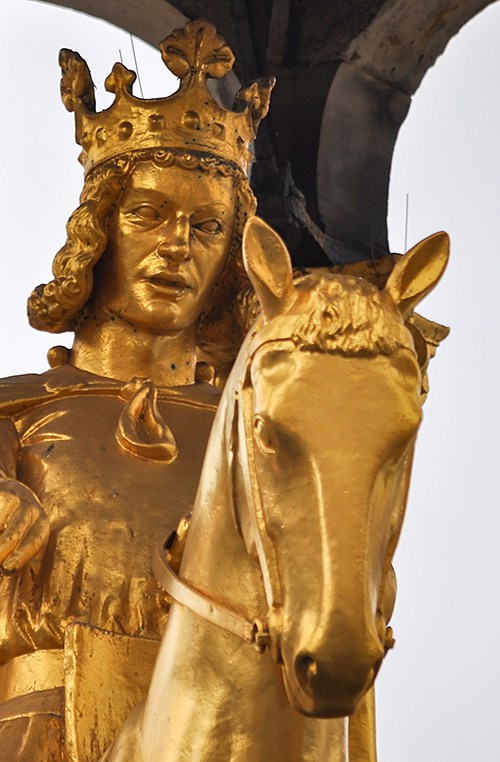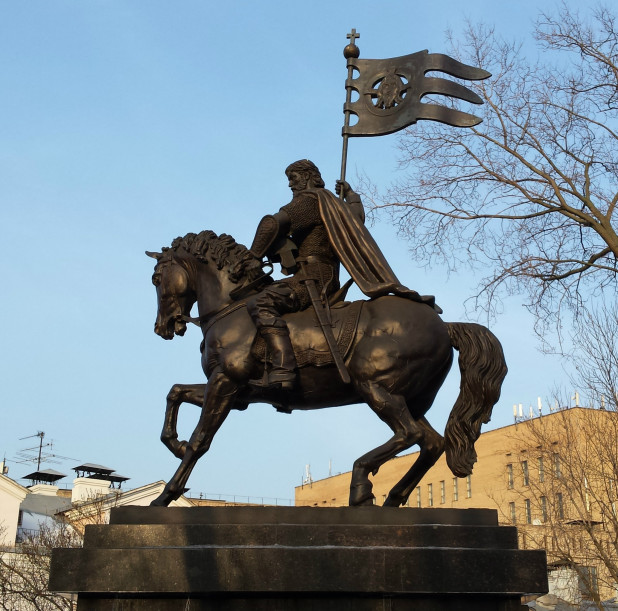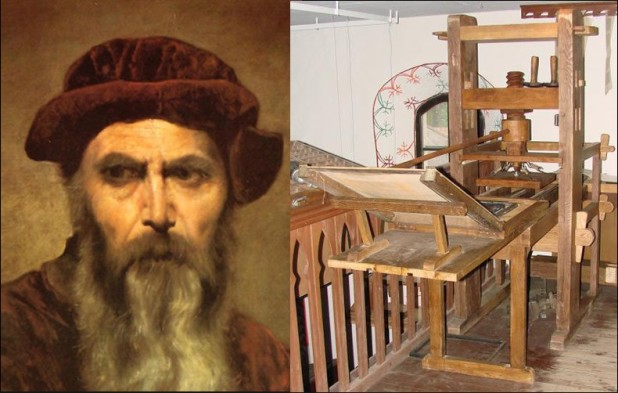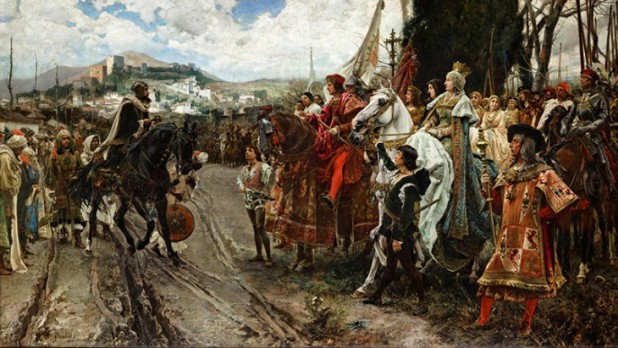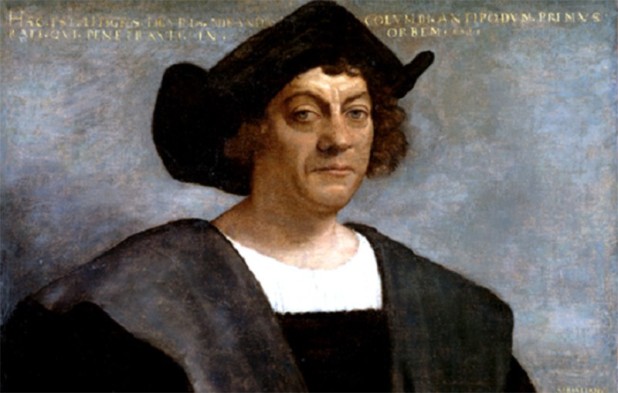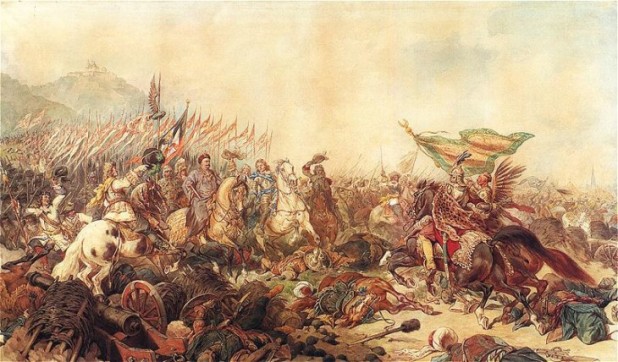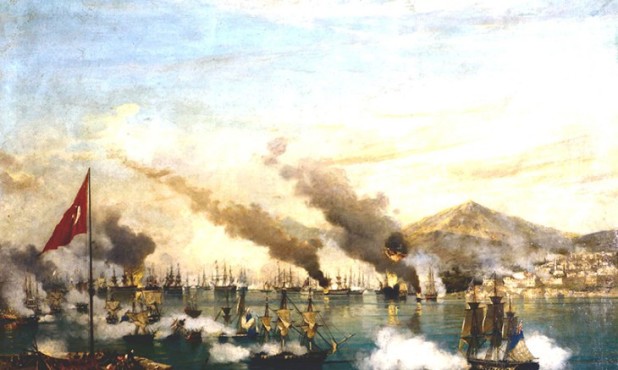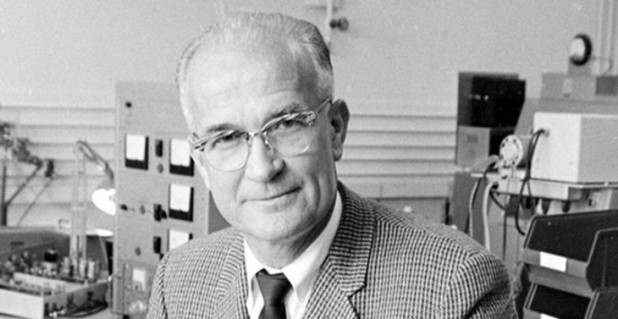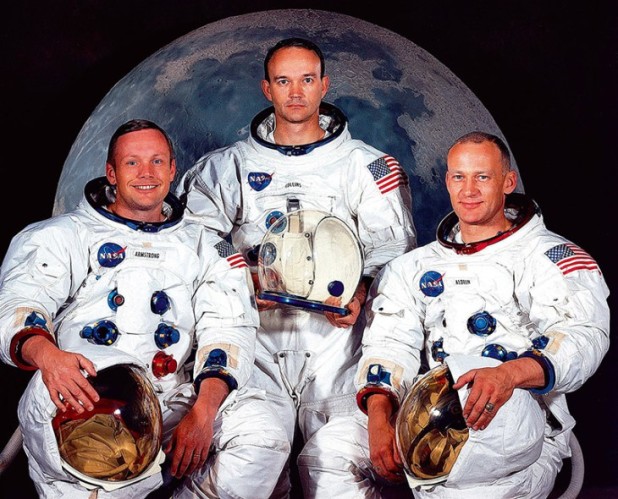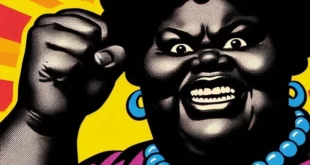The New Observer
April 10, 2016
Six great battles, three stunning technological breakthroughs, and one epic voyage of discovery have made it onto a list of ten greatest moments of white history, compiled by the author of March of the Titans, the Complete History of the White Race.
Writing on his personal blog, author and historian Arthur Kemp said that he had been motivated to compile the “top ten” list after being asked by a reader to do so—because no one had created such a list.
Kemp said he first set up a “basic guideline to determine the most significant moments”—and that this guideline was “that the event (‘moment’) must have been significant enough to have affected the present-day world, and not merely be of historical importance.”
For example, he continued, “really great events, such as the Battle of Thermopylae, where the Spartans held off the Persians, did not directly affect the creation of the modern world, and therefore, didn’t make it onto this list.”
Using those criteria, the list was then drawn up as follows:
(1) The Battle of Nedao, 454 A.D. The Germans—and other Europeans—who had survived nearly 70 years of Hun rule, finally defeated the Huns and drove them back into the East. The Germans, as victors over the Huns, became famous among their racial cousins, with the Icelandic word for German “Thodthverdthur” still translating literally as “peoples’ defender.”
(2) The Battle of Lechfeld 955 A.D. An Asiatic army organized by the Magyars (NOT to be confused with present-day Hungarians!) was halted in its attempt to invade Europe by a German army under Saxon King Otto I.
King Otto I.
(3) The Battle of Kulikovo, September 8, 1380. White Russians under Prince Dmitri of Moscow defeat the Asiatic armies of the Golden Horde under the command of Mamai. This battle effectively broke the Mongol invasion and occupation of southern Russia, and prepared the way for the European reconquest of all those lands.
Prince Dmitry Donskoy.
(4) 1436. The German Johannes Gutenberg invented the printing press, making the first breakthrough in mass communications upon which almost all inventions since then have relied.
Johannes Gutenberg and his printing press.
(5) The Fall of Granada, January 2, 1492: The last Moorish stronghold in Spain surrendered to the victorious Spanish army, led personally by King Ferdinand and Queen Isabella. It was the first time in 770 years that all of Spain was once again under European control.
The Fall of Granada.
(6) Christopher Columbus sighted land in the Americas, October 12, 1492. Although looking for India, Columbus discovered the Americas, sparking off the settlement of North America which became the USA.
Christopher Columbus.
(7) The Siege of Vienna, September 1683. The Turkish Ottoman invasion was defeated and prevented from overrunning all of Europe. The Turks were then pushed back south down the Balkans in an extended war involving almost all of the European nations, only ending in the early nineteenth century when they were finally expelled from their last strongholds.
The Hero of Vienna, Jan Sobieski.
(8) The Battle of Navarino, October 20, 1827, was a great European naval victory which gave birth to present-day Greece. This victory spurred on further victories for the European forces on land which culminated in the independence of Greece under European protection in 1830.
The Battle of Navarino.
(9) 1948. American physicists Walter Houser Brattain, John Bardeen, and William Bradford Shockley invented the transistor, a device which laid the basis for the electronic device revolution—including computers—of the twentieth and twenty-first centuries.
William Bradford Shockley.
(10) The Apollo 11 Moon Landing in 1969. No technological feat has ever been greater, or more daring.
The Apollo II crew.
 Daily Stormer The Most Censored Publication in History
Daily Stormer The Most Censored Publication in History
